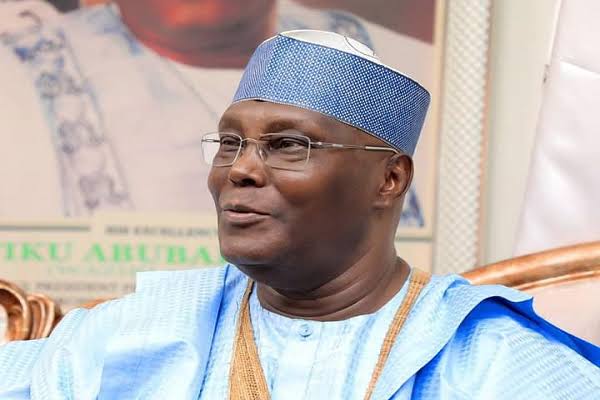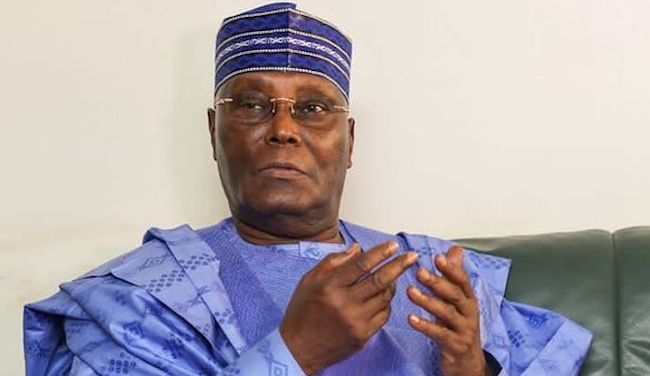Former Vice President Atiku Abubakar has presented a comprehensive critique of Nigeria’s current economic direction, outlining what he describes as missed opportunities in the nation’s approach to petroleum subsidy removal and economic reforms. In a detailed statement released on Sunday, the former presidential candidate of the Peoples Democratic Party (PDP) articulated a vision that emphasizes gradual reform implementation and robust social protection programs.
Responding to widespread public interest in his potential approach to governance, Abubakar shared his perspective through a statement titled “What We Would Have Done Differently.” The former Vice President’s intervention comes amid growing concerns about the impact of recent economic policies on ordinary Nigerians, particularly the sudden removal of fuel subsidies under President Bola Tinubu’s administration.
At the heart of Abubakar’s alternative vision is a strong emphasis on corruption fighting, with particular focus on reforming the Nigerian National Petroleum Company Limited (NNPCL). According to the former Vice President, the current subsidy regime has created opportunities for significant rent-seeking behavior, with both public institutions and private sector players benefiting from what he describes as an opaque system.
Drawing from his experience as Vice President, Abubakar highlighted the importance of a gradual approach to subsidy removal. He referenced his administration’s successful implementation of the first two phases of subsidy reform, lamenting that subsequent governments abandoned this measured approach. The former Vice President pointed to examples from other nations, noting that many European Union countries typically implement complete subsidy withdrawals over a five-year period, while countries like Malaysia and Indonesia have recently adopted phased approaches to their subsidy rationalization programs.
A significant portion of Abubakar’s proposed strategy focuses on addressing Nigeria’s refining capabilities. He emphasized the country’s current position as the least efficient member of OPEC in terms of both operational refining capacity and crude processing volume. His vision includes an ambitious plan to privatize state-owned refineries and boost domestic refining to at least 50% of current crude oil output, with the additional goal of exporting refined products to ECOWAS member states.
The former Vice President’s plan also emphasizes the importance of social protection programs to cushion the impact of economic reforms on vulnerable populations. He advocates for redirecting savings from subsidy withdrawal into strategic sectors, including infrastructure development, education, healthcare, and rural development. Particular attention is given to youth development through skills training and entrepreneurship support, aiming to create better economic opportunities for Nigeria’s young population.
Abubakar’s statement comes at a crucial time when many Nigerians are grappling with the effects of recent economic policies, including increased fuel prices and rising living costs. His intervention suggests that the current hardships faced by citizens could have been mitigated through a more measured approach to economic reform implementation.
The former Vice President’s detailed policy outline appears to be more than just criticism of the current administration; it presents a structured alternative approach to Nigeria’s economic challenges. His emphasis on gradual reform implementation and social protection measures stands in stark contrast to the current administration’s more immediate approach to subsidy removal and economic restructuring.
As Nigeria continues to navigate its current economic challenges, Abubakar’s proposed alternative pathway adds to the ongoing national discourse about the best approaches to economic reform and social protection. His detailed policy proposals, drawing from both historical experience and international examples, provide a framework for evaluating current economic policies and their impact on Nigerian citizens.
The former Vice President’s intervention serves as both a critique of current policies and a blueprint for alternative approaches to Nigeria’s economic challenges, contributing to the broader national conversation about the country’s economic future and the welfare of its citizens.




